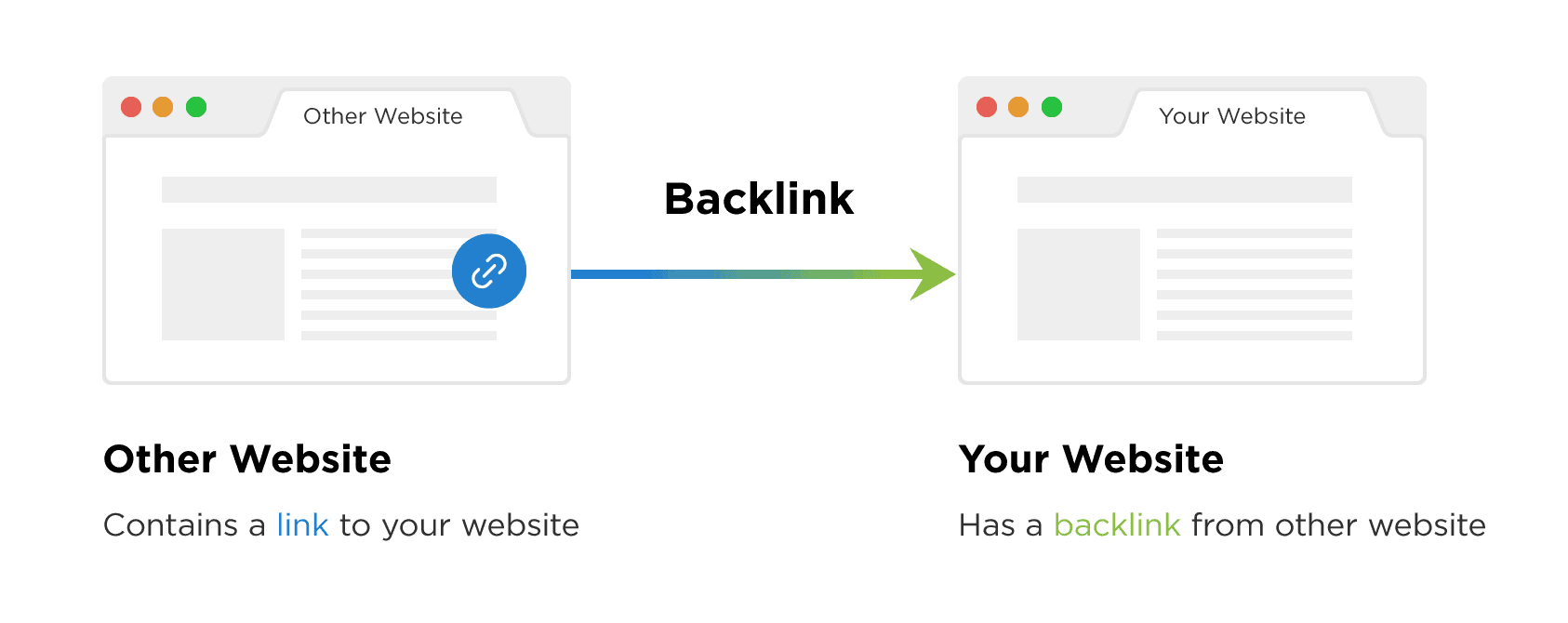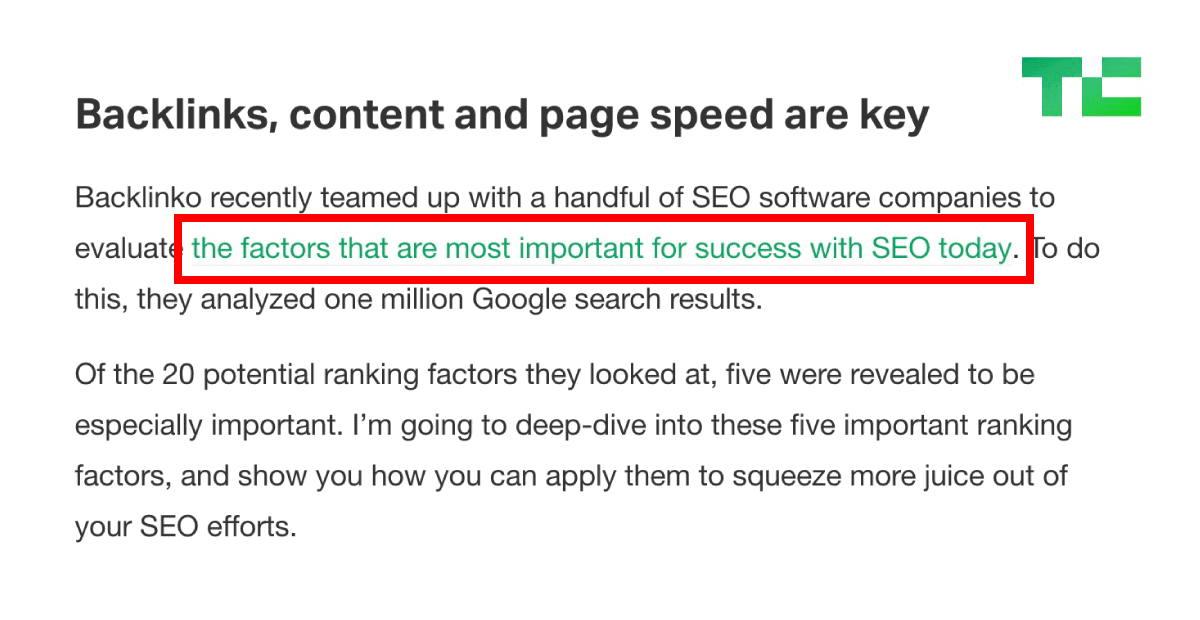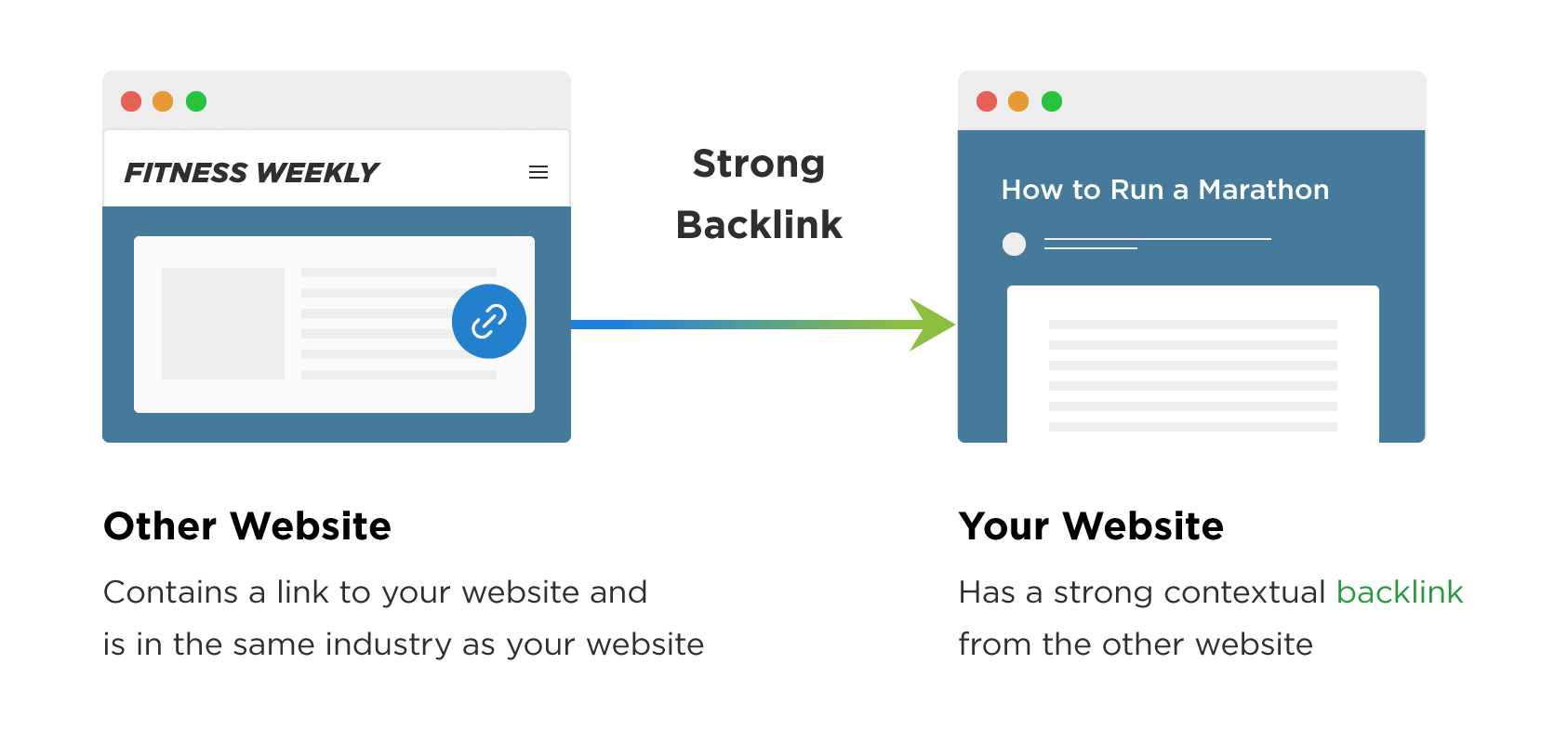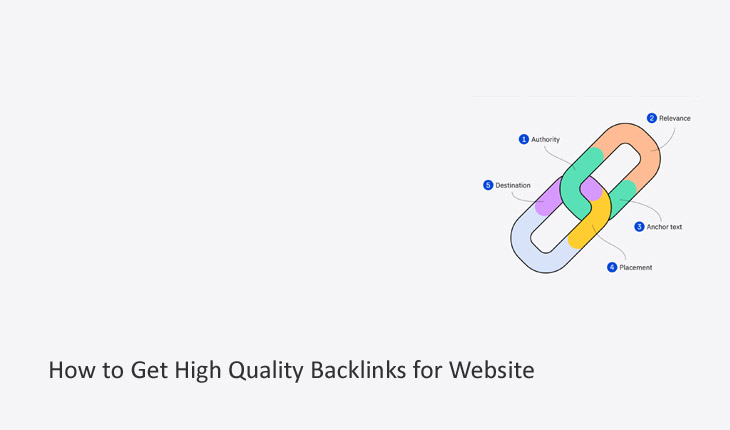What Are Backlinks?
Backlinks are connections from different websites that direct traffic to your site. Within the realm of SEO (Search Engine Optimization), Understanding Backlinks in SEO: & Why You Need Them
they serve as endorsements of trust from various other websites. The greater the number of high-quality backlinks, the more your website is expected to appear in search engine outcomes.

Types of Backlinks
Backlinks are a key part of search engine optimization (SEO). They are created when one website links to another, signaling to search engines that the linked content is valuable and credible.

This is crucial because search engines like Google use backlinks to determine a website’s authority and ranking in search results. The more high-quality backlinks a site has, the more likely it is to rank higher, increasing its visibility and driving more traffic.
Natural Backlinks: These links are given naturally by other websites without any action on your part. For example, if a blogger finds your content useful and links to it in their article, that’s a natural backlink. These are often the most valuable because they come from reputable sources that genuinely appreciate your content.
Manual Backlinks: These are acquired through deliberate efforts, such as reaching out to other websites and asking them to link to your content. This can include guest blogging or submitting your site to directories. While these require more effort, they can still be effective in building your backlink profile.
Self-Created Backlinks: These are links that you create yourself, often through forums, blog comments, or user profiles. While they can help in some cases, they are generally considered less valuable and can even be seen as spammy if overused.
Editorial Backlinks: These links are included in the content of a website because the content creator finds your work relevant and valuable. For example, a news article might link to your research as a source. These links are highly regarded because they come from authoritative sites and are often editorially chosen.
Nofollow vs. Dofollow Backlinks: Dofollow links pass on link equity and help improve your site’s authority, while nofollow links do not. However, nofollow links can still drive traffic and increase visibility, making them a valuable part of a diverse backlink strategy.
Importance of Backlinks
High-quality backlinks from reputable sites can significantly enhance your site’s visibility and improve search engine rankings.

According to Backlinko, backlinks are crucial for SEO as they signal to search engines that your content is valuable and credible. Understanding how to acquire and manage backlinks is essential for effective SEO strategies, making them a fundamental aspect of digital marketing.
In conclusion, backlinks are not just a technical aspect of SEO; they are vital for building your online presence. By focusing on acquiring high-quality backlinks, you can improve your site’s authority and visibility,
ultimately driving more traffic and achieving better rankings in search results. For more insights on backlinks and their impact on SEO, check out the full article on What Are Backlinks in SEO? & Why You Need Them.
Why Backlinks Matter in SEO

Backlinks are a fundamental part of search engine optimization (SEO). They signal to search engines that your content is credible and valuable.
When one website links to another, it creates a backlink, which plays a significant role in determining a site’s authority and ranking in search results. Understanding what backlinks are in SEO is crucial for anyone looking to enhance their online presence.
High-quality backlinks from reputable sites can significantly enhance your site’s visibility and drive traffic. Search engines like Google view backlinks as votes of confidence; the more quality backlinks you have, the more likely your site will rank higher in search results.
This is because backlinks indicate to search engines that your content is worth referencing, which can lead to improved search engine rankings. According to Backlinko, “Backlinks are crucial for SEO as they signal to search engines that your content is valuable and credible.”
Quality vs. Quantity: The Backlink Debate
Backlinks are a key part of search engine optimization (SEO). They signal to search engines that your content is valuable and credible.
Essentially, a backlink is created when one website links to another, which plays a significant role in determining a site’s authority and ranking in search results. Understanding the distinction between quality and quantity in backlinks is crucial for any effective SEO strategy.
The Risks of Focusing on Quantity
Focusing solely on the quantity of backlinks can lead to several pitfalls:
Spammy Links: Acquiring links from low-quality or spammy sites can harm your site’s reputation and lead to penalties from search engines.
Link Farms: Participating in link farms or schemes designed to artificially inflate backlink numbers can result in severe penalties.
Dilution of Authority: A large number of low-quality links can dilute the authority of your site, making it harder to rank for competitive keywords.
Effective Backlink Building Strategies

Backlinks are a key part of search engine optimization (SEO). They signal to search engines that your content is credible and valuable. When one website links to another,
it creates a backlink, which plays a significant role in determining a site’s authority and ranking in search results. Understanding what backlinks are in SEO and h
To effectively build backlinks, consider these strategies:
Analyzing Your Backlink Profile
Analyzing your backlink profile is a critical step in understanding your website’s SEO performance. Backlinks are links from one website to another, and they play a significant role in determining a site’s authority and ranking in search results.
When a reputable site links to your content, it signals to search engines that your content is valuable and credible. This is why understanding what backlinks are in SEO is fundamental for any digital marketing strategy.
To effectively analyze your backlink profile, start by using tools like Ahrefs or Moz to gather data on your existing backlinks. These tools can provide insights into the number of backlinks, the quality of those links, and the domains linking to your site.
High-quality backlinks from reputable sites can enhance your site’s visibility, drive traffic, and improve search engine rankings. Conversely, low-quality or spammy backlinks can harm your site’s reputation and ranking.
When assessing your backlinks, consider these factors:
Domain Authority: Check the authority of the sites linking to you. Links from high-authority domains are more beneficial than those from low-authority sites.
Relevance: Ensure that the backlinks are relevant to your content. Links from sites within your niche or industry carry more weight.
Anchor Text: Analyze the anchor text used in the backlinks. Descriptive and relevant anchor text can improve your SEO by providing context to search engines about your content.
Additionally, it’s essential to monitor your backlink profile regularly. This helps you identify any toxic backlinks that may need to be disavowed. Tools like Google’s Disavow Links Tool can assist in this process, allowing you to inform Google that certain links should not be considered when assessing your site.
The Future of Backlinks in SEO
Backlinks are a cornerstone of effective SEO strategies. They signal to search engines that your content is not only valuable but also credible.
When one website links to another, it creates a backlink, which plays a significant role in determining a site’s authority and ranking in search results. Understanding what backlinks are in SEO is essential for anyone looking to enhance their online presence.
High-quality backlinks from reputable sites can significantly enhance your site’s visibility and drive traffic. According to Backlinko, backlinks
are crucial for SEO as they indicate to search engines that your content is worthy of attention. This is particularly important in a digital landscape where competition is fierce, and standing out requires more than just great content.
The future of backlinks in SEO is evolving, with search engines becoming increasingly sophisticated in how they evaluate link quality.
Gone are the days when quantity trumped quality; today, a few high-quality backlinks can be more beneficial than numerous low-quality ones. This shift emphasizes the importance of acquiring backlinks from authoritative sources within your niche.
For instance, a link from a well-respected industry blog can carry more weight than several links from lesser-known sites.
To effectively manage backlinks, focus on strategies that prioritize quality over quantity. Here are some effective methods to acquire high-quality backlinks:
Guest Blogging: Writing articles for reputable blogs in your industry can help you earn valuable backlinks while showcasing your expertise.
Content Marketing: Creating shareable content, such as infographics or in-depth guides, can attract natural backlinks from other websites.
Networking: Building relationships with influencers and other content creators can lead to opportunities for backlinks through collaborations.
Moreover, regularly monitoring your backlink profile is crucial. Tools like Ahrefs or Moz can help you analyze your backlinks and identify any potentially harmful links that could affect your site’s authority.
Conclusion
Mastering backlinks is essential for achieving SEO success. Backlinks are links created when one website links to another. They are crucial for SEO as they signal to search engines that your content is valuable and credible.
According to Backlinko, high-quality backlinks from reputable sites can significantly enhance your site’s visibility, drive traffic, and improve search engine rankings. Understanding Backlinks in SEO: & Why You Need Them

